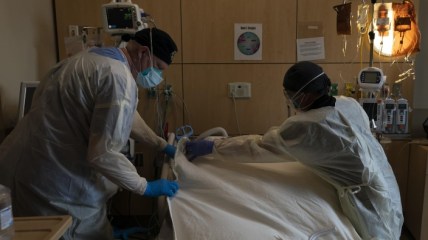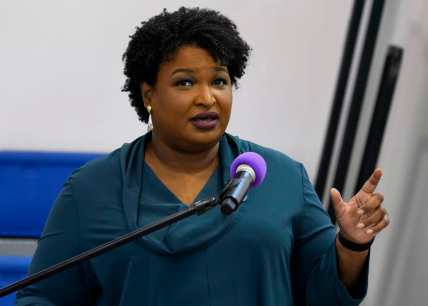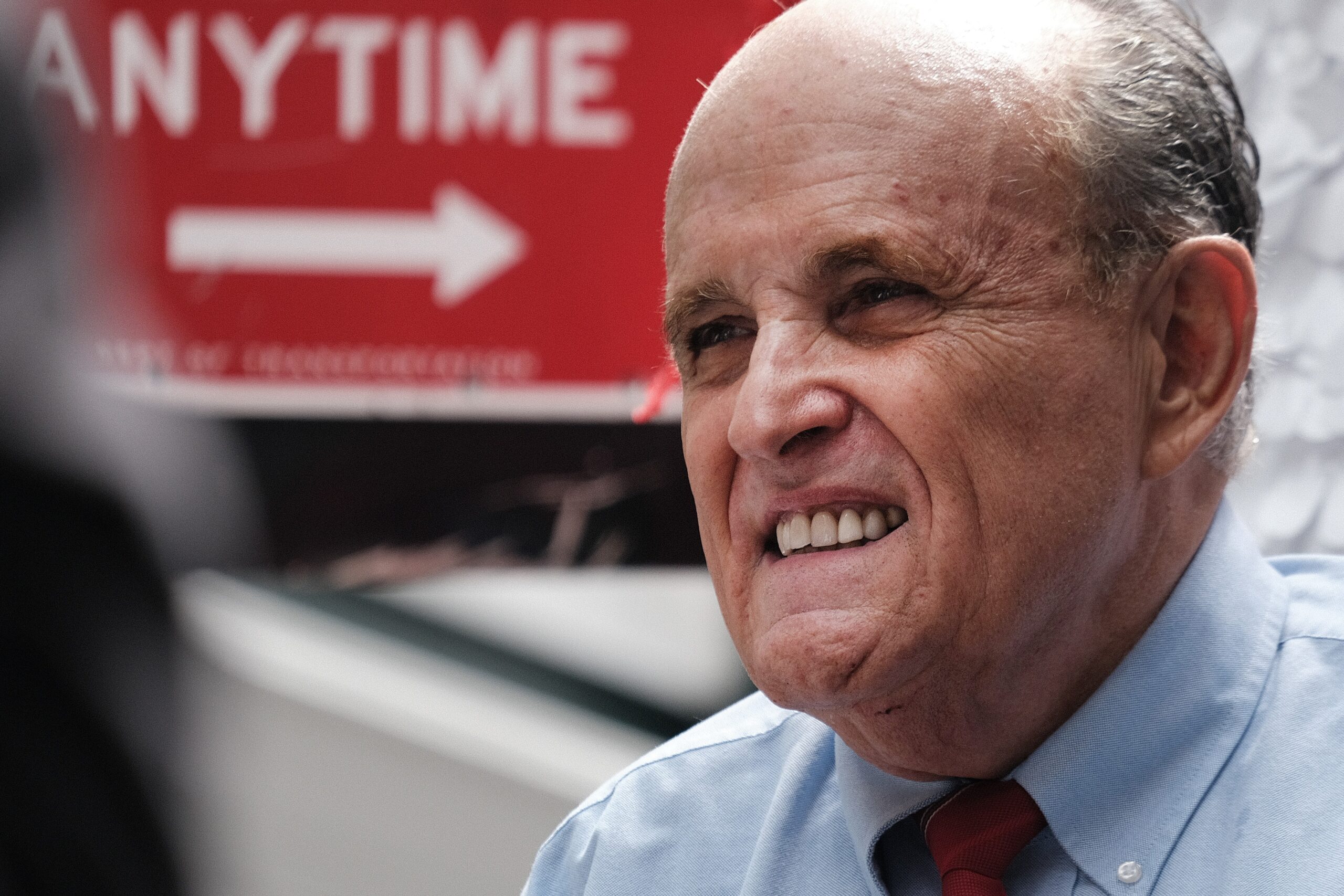California governor to decide whether to parole RFK assassin Sirhan Sirhan
Six of Robert F. Kennedy's nine surviving children are against parole for their father's assassin who was 24 when he fatally shot the presidential candidate in 1968
California’s governor must soon decide whether to free one of America’s most notorious assassins, a decision he has said evokes one of the darkest periods in the nation’s history.
Gov. Gavin Newsom has until sometime next month to allow or block the parole recommendation for Robert F. Kennedy assassin Sirhan Sirhan.
The recommendation by a two-person panel of parole commissioners in August split the iconic Kennedy family more than a half-century after the 1968 slaying of the U.S. senator from New York moments after he claimed victory in California’s pivotal Democratic presidential primary.
More than that, it tore open decades-old wounds lingering from the murders of RFK and his brother, President John F. Kennedy, who was assassinated in 1963.
“People aren’t just giving an opinion about yes or no, they’re expressing their memories of that time … and connecting the dots to the ’60s and that stress and anxiety and the wounds,” Newsom said after the panel made its recommendation.
“And in a way that makes this decision even that much more powerful, because of the impact that has on opening up those memories, many memories that people want to suppress, understandably,” said the Democratic governor, who called RFK his “political hero” in a victory speech after he beat back a recall election in September.
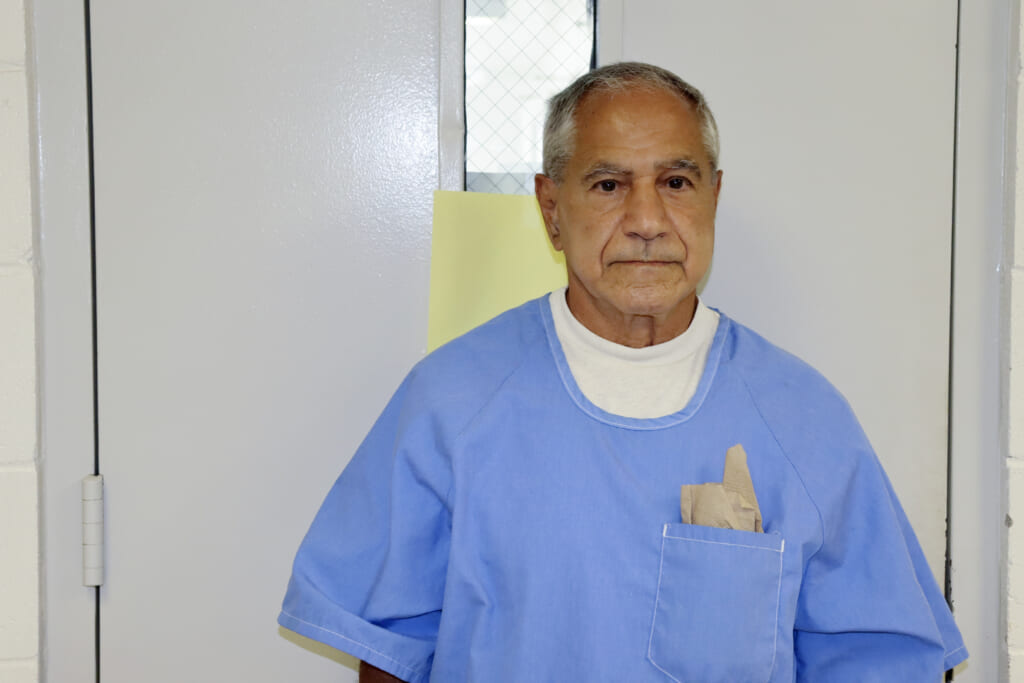
Fifteen times, parole panels rejected freeing Sirhan, now 77, before deciding that he is no longer a danger to public safety.
New laws since his last previous parole hearing in 2016 meant the panel had to consider that Sirhan committed the offense at a young age, when he was 24; is now an elderly prisoner; and that the Christian Palestinian who immigrated from Jordan had suffered childhood trauma from the conflict in the Middle East.
Also, for the first time, Los Angeles County prosecutors weren’t at the parole hearing to object, under District Attorney George Gascón’s policy that prosecutors should not be involved in deciding whether prisoners are ready for release.
And two of RFK’s sons supported releasing him, including Douglas Kennedy, who told the parole panel that Sirhan was “worthy of compassion and love.” Robert F. Kennedy Jr. wrote to the panel urging that Sirhan be freed, citing his “impressive record of rehabilitation.”
But six of Kennedy’s nine surviving children urged Newsom to block the release of a man who “took our father from our family and he took him from America.” The statement was signed by Joseph P. Kennedy II, Courtney Kennedy, Kerry Kennedy, Christopher G. Kennedy, Maxwell T. Kennedy, and Rory Kennedy.
Ethel Kennedy, RFK’s wife, said Sirhan “should not have the opportunity to terrorize again.”
Sirhan has consistently said he doesn’t recall shooting Kennedy and wounding five others the Ambassador Hotel in Los Angeles. But he told parole commissioners that he takes responsibility killing a man he called “the hope of the world.”
He was initially sentenced to death, but that sentence was commuted to life when the California Supreme Court briefly outlawed capital punishment in 1972.
Sirhan’s attorney, Angela Berry, said in a written argument for his release that he suffers a heart condition and has survived prostate cancer, Valley Fever and having his throat slashed by another prisoner in 2019.
If freed, Munir Sirhan says his older brother can live with him, if he is not deported to Jordan. Sirhan Sirhan waived his right to fight deportation.
“We are just two old brothers who wish to live out the rest of our lives together,” he wrote to the parole board.
After the parole panel’s decision, corrections officials released 101 pages of those documents and letters from across the nation, all but one supporting Sirhan’s release.
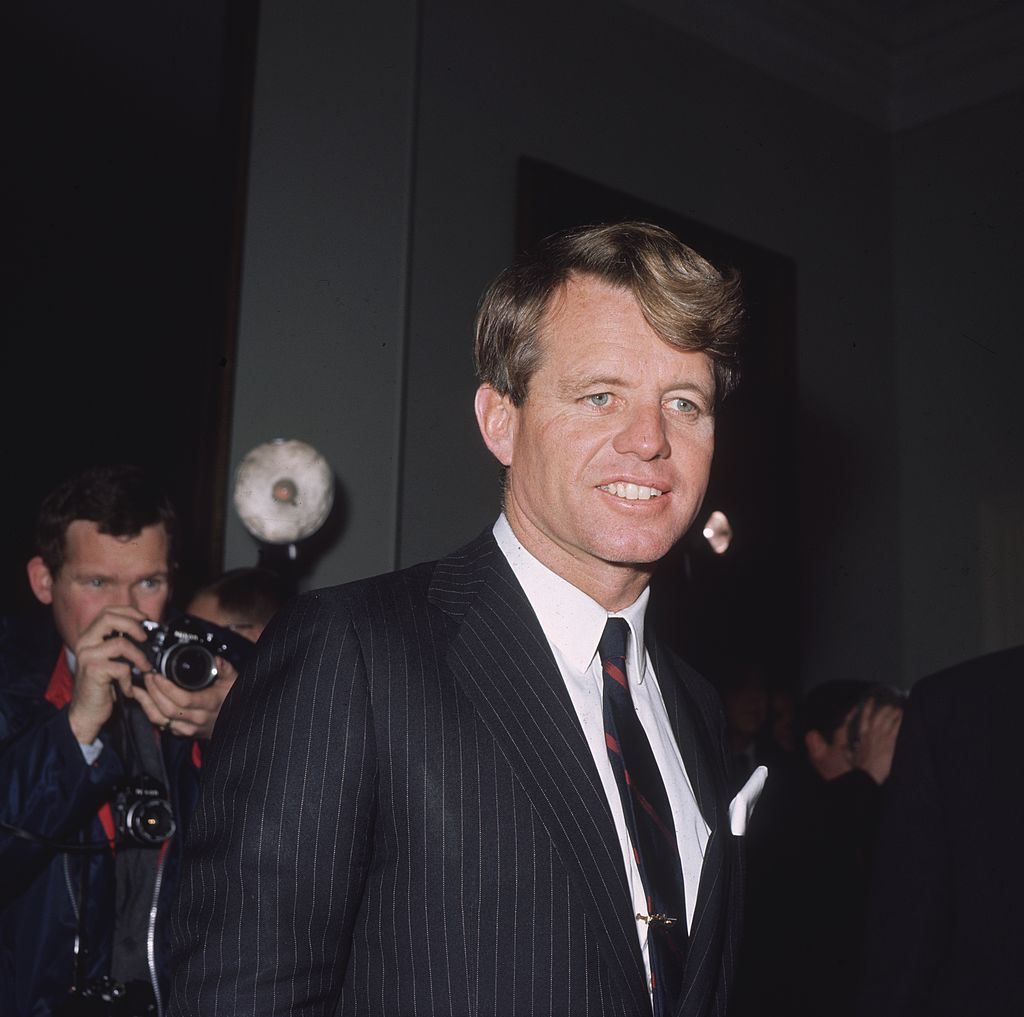
Some compared him to a political prisoner or advanced various conspiracy theories around Sirhan’s involvement or the assassinations of both Kennedy brothers. Many were clearly part of an organized effort, with similar wording or fill-in-the-blank responses.
Others were more personal.
One man recalled how, as a 19-year-old college student, he traveled by bus to an inner-city neighborhood to get out the vote for Robert Kennedy.
“He was a person who I loved and respected and in whom I had deep confidence that he would put a quick end to that unjust and immoral war in Vietnam,” wrote the man, whose contact information was redacted.
Instead, the man was drafted in 1971.
“Sirhan’s involvement in RFK’s murder changed my life,” he wrote. “But looking at life from this end, I forgive him.”
The lone writer who opposed Sirhan’s release said in a handwritten note that he still remembers details of “the god-awful” assassination a half-century later.
“Sirhan has caused the death of a man with a great political future,” he wrote, and “along with that has taken away the innocence of people of my generation.”
Have you subscribed to the Grio podcasts, Dear Culture or Acting Up? Download our newest episodes now!
TheGrio is now on Apple TV, Amazon Fire, and Roku. Download theGrio today!
More About:News
